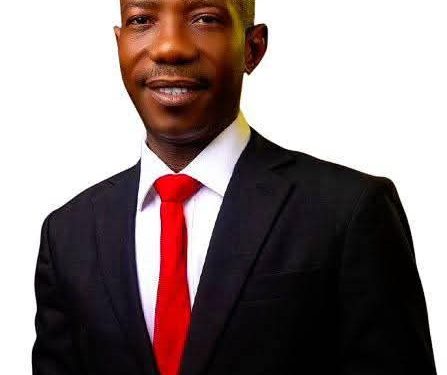By Hassan Osman Kargbo
In a major development within Sierra Leone’s political sphere, Hon. Bai Mahmoud Bangura has officially resigned from his position as National Organising Secretary of the All People’s Congress (APC). His decision, confirmed over the weekend, marks a pivotal turning point in both his political career and the internal dynamics of the APC, the country’s current main opposition party.
Bangura, popularly known as BMB, announced that his resignation is motivated by new political ambitions he intends to pursue, although he has yet to publicly disclose the specific nature or direction of those plans. His departure has already stirred speculation within political circles and among party supporters, with many questioning whether he may be preparing to form a new political movement or align with an alternative platform ahead of the next electoral cycle.
Having served the APC in various strategic roles over the years, BMB is regarded as a key figure with deep grassroots connections and significant organisational experience. As National Organising Secretary, he played a central role in mobilising the party’s base, particularly in challenging times following the 2018 general elections. His absence from this influential role is expected to have ripple effects as the party gears up for future political contests.
In a brief statement, Bangura thanked the APC leadership and rank-and-file membership for the opportunity to serve, describing his tenure as “an honour and a learning experience.” He also reiterated his commitment to Sierra Leone’s democratic process, promising to continue contributing to national development from a new political standpoint.
“I have always believed in serving with integrity and purpose,” BMB noted. “While this chapter closes, another begins—driven by a renewed vision for how I can best contribute to our nation’s progress.”
The APC is yet to officially respond to Bangura’s resignation, but insiders suggest consultations are underway to fill the vacancy and maintain party cohesion. Senior party members are reportedly working to ensure that the transition does not disrupt ongoing strategic planning and constituency engagement.
Political analysts view Bangura’s exit as both a challenge and an opportunity for the APC. While his departure may create a short-term leadership gap, it could also open the door for new faces to emerge within the party structure. Moreover, BMB’s future moves will be closely watched, particularly if he announces a new political formation that could draw support from disenchanted youth or centrist voters.
Citizens across the country have expressed mixed reactions. Some applaud his courage to take a bold step in pursuit of a broader political vision, while others worry that internal fractures within opposition parties could weaken checks and balances in Sierra Leone’s democratic system.
As speculation continues, one thing is clear: Hon. Bai Mahmoud Bangura remains a political force to watch. Whether he returns to the frontline under a new banner or influences national discourse from another platform, his next move could reshape Sierra Leone’s political landscape in significant ways.










